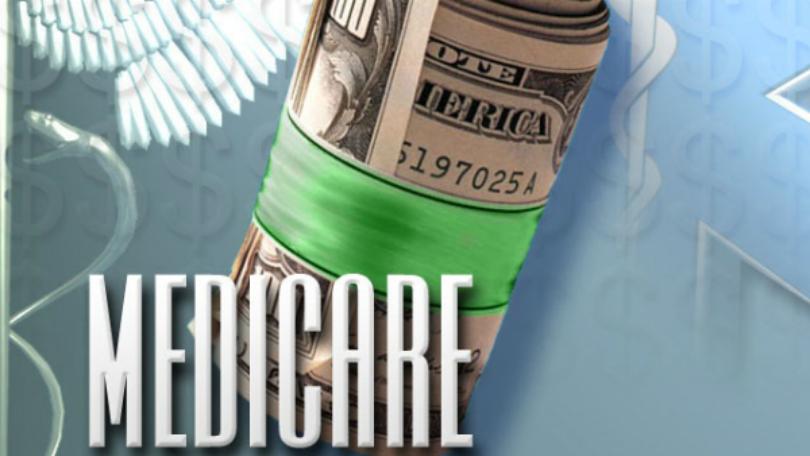5 Tips for Avoiding Medicare Fraud and Abuse
You’re sitting at home one afternoon, three weeks prior to the start of Open Enrollment, when you get a call from a friendly Centers for Medicare andMedicaid Services (CMS) employee. The caller tells you that Medicare is issuing new cards, and that you need to provide your Medicare number in order to receive yours. The catch? The caller doesn’t work for CMS, and he’s actually trying to steal your identity.
Elder abuse in the Digital Age is a serious problem—studies have shown that 2 in 10 older adults have been financially exploited by scammers in the last year. Read on for five key strategies for avoiding common Medicare scams.
1. Know the difference between identity theft, Medicare fraud and improper care
First rule of thumb? Know the difference between the three main types of scams: identity theft, Medicare fraud, and improper care. Identity theft occurs when someone pretending to work for Medicare asks for confidential information under the guise of updating your medical records, or helping you re-evaluate your coverage. A legitimate Medicare employee would never ask for your personal information over phone or email—they already have it on file.
Another common type of scam is Medicare fraud. Medicare fraud happens when Medicare is billed for services or supplies you never got. This could include a healthcare provider billing Medicare for care you never received, or someone using your Medicare card to bill for fake services (and then pocketing the money). If you suspect that Medicare is being charged for a service you didn’t ask for, call the federal government’s official Medicare hotline at 1-800-MEDICARE. You can also learn more here.
Finally, be wary of improper care. All Americans deserve high-quality, affordable healthcare as they age. Your local Beneficiary and Family Centered Care Quality Improvement Organization (BFCC-QIO) can help you if you want to file a complaint about the quality of your medical care.
2. Watch out for anyone asking for personal information
The most important rule to remember? Medicare will never call, email, or visit you and ask for your personal information. Examples of personal information include your Medicare number, social security number, bank account number, and address.
Scam artists may claim that Medicare is issuing new cards or updating forms, or that they need your financial information to process payment on an overdue medical bill. Even if they accurately cite a few numbers from your checks, do not assume the call is legitimate. Medicare already has this information and does not need to collect it from you.
Key takeaway: If anyone trying to “help you” with Medicare asks for your personal or financial information, assume it is a scam. Hang up the phone, delete the email, or close the door immediately.
3. Compare plans with a trustworthy adviser
Medicare is a massive enterprise that affects approximately 49 million Americans—which means millions of eager phone calls from insurance companies each year. While some of the plans they suggest may sound familiar, not all policies are right for everyone. Depending on your employment status or medical situation, you may need very different kinds of assistance from other older adults you know.
Insurance sales calls are also biased–there could be coverage options that are a much better fit for your needs, but you’re only hearing about the benefits of Plan X. Some salespeople may even employ scare tactics or other below-the-board strategies to sell their plans, such as free lunch seminars or false claims of being affiliated with a government agency.
Another excellent resource is your local State Health Insurance Assistance Program (SHIP). SHIPs provide free, federally-funded Medicare counseling through a trained staff member or volunteer. To schedule an appointment with one of their counselors, visit their website or call their toll-free national number at 1-877-839-2675.
4. Never sign a Medicare form without thorough examination
In addition to the dangers of fraud or misleading advice, some disreputable insurance agents may try sending out release forms that allow them to make decisions on your behalf. Never sign anything Medicare-related without reading through it first—and always get a friend, family member, or lawyer to review it as well.
5. When in doubt, call Medicare
If anything ever seems suspicious or uncomfortable, don’t hesitate to contact Medicare. They are there to help! You can visit Medicare.gov or contact them toll-free at 1-800-MEDICARE with any questions or concerns you may have.


